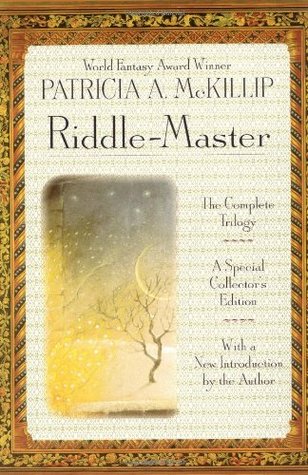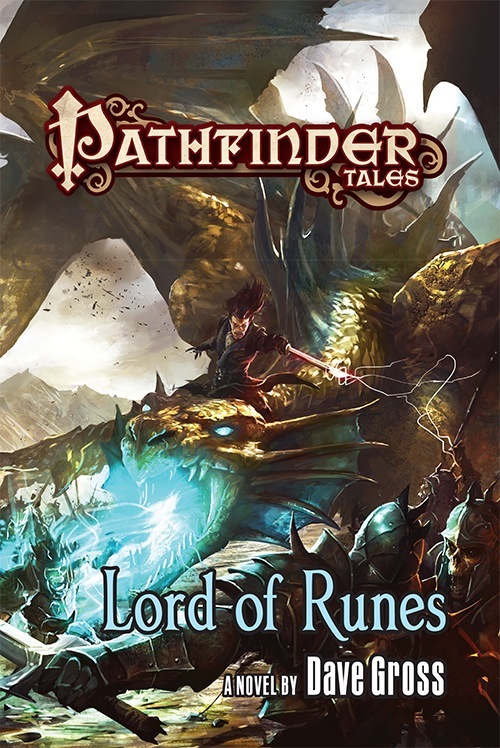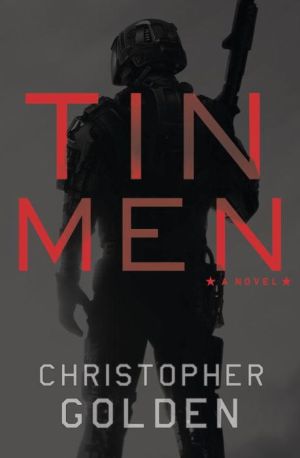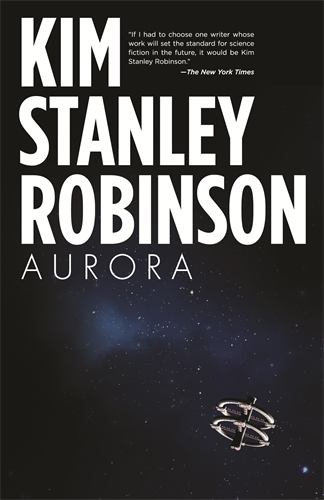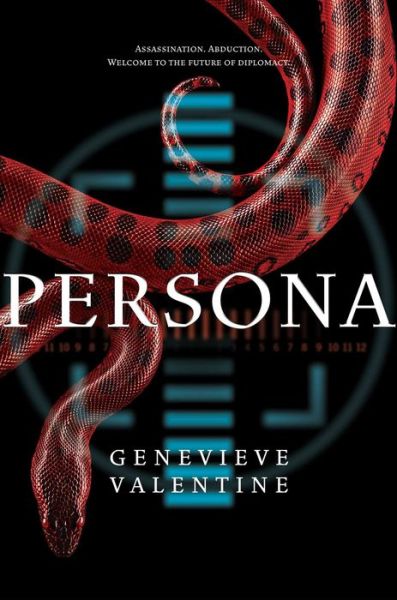One of the Epic Fantasy novels I’ve been looking forward to reading the most this year (2015) is Peter V. Brett’s The Skull Throne, the fourth installment of his Demon Cycle series.* I don’t think I’m the only reader excited for The Skull Throne, a good indicator of this is the fact that the third book The Daylight War hit the New York Times Bestseller list. With about two years since publication of The Daylight War, what follows is a bit of a recap / primer for The Skull Throne cribbed from the three reviews I’ve written of each book in the series.
Obviously, beware of spoilers.
A bit on the set-up of the world as an additional spoiler buffer...
Brett has indicated he’s a fan of Terry Brooks and much of that comes through in these books. Though I haven’t read the entirety of Brooks’ output, I’ve often likened these books to Terry Brooks’ Shannara series with more of an edge; more of a bite and maturity. The feel is almost like the Old West or even the Dust Bowl – these people eke out a meager living getting through their daily tasks and closing up the proverbial shop at night to hide behind the wards that keep away the Corelings, as the demons are referred to by the characters we initially meet in novels . In some horrific instances, the corelings manage to break through the wards and kill, burn, and destroy towns. The small isolated villages comprise the majority of human society we are first introduced to and there is a degradation to a level of technology equal to medieval. I also found a parallel tow the world of Stephen King’s Dark Tower – in many ways, the aura of a technological breakdown and even the Old West feel permeates Brett’s world. In many post-apocalyptic stories, and a case can be made for The Demon Cycle as a post-apocalyptic story, the trigger event marginalizing human society becomes window-dressing as Brett’s story progresses and the human drama and societal conflict takes center stage. Perhaps most popular current example of a human conflict against an apocalyptic backdrop is The Walking Dead (in both comic and TV format) where the threats take a backseat to the human drama. Enough set up for the world….on to the books.

Published in 2009 (wow, time flies),
The Warded Man (or
The Painted Man as it is known outside the US) is Brett’s debut and was for me a great mix of traditional Epic Fantasy, with definite touches of newer elements. Although the low-tech setting is familiar (almost
Links to TVTropes, click at your own risk) in Epic Fantasy, there’s an early sense that things in this world are a bit different than we’ve read before. The world in which this novel takes place would best be described as harsh and unforgiving. People live in small towns in fear of the night, for as the sun sets, demons rise from the earth to wreak havoc. It is in this harsh desolate setting that Brett introduces the main character of Arlen Bales.
 |
Del Rey thankfully
abandoned this design |
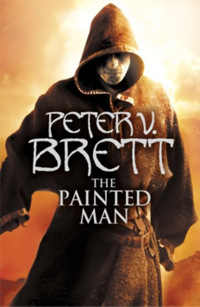 |
Cover art by
Larry Rostant |
Arlen’s family is torn apart by a savage demon attack and as a result, Arlen is forever changed. Rejecting his father’s cowardice in the face of his mother’s death, Arlen flees his village in the hopes of becoming a Messenger – those men with the honed skills and tools necessary to brave the more than a day travel’s worth of distance between villages to deliver goods and messages. In many ways,
The Warded Man is Arlen’s journey from country bumpkin to man of the world. While Arlen’s story comprises a majority of the novel, Brett follows two other characters profoundly affected by demon attacks. Leesha is a young woman in another equally desolate and isolated village. Living under the strict rule of her whorish mother, Leesha wishes to escape the life she has and vows to be the polar opposite of her mother when she becomes an adult. As a result of all the pain and suffering she sees, Leesha’s goal in life is to become a healer, to help those wounded by corelings. Our third hero is the jongleur (minstrel), Rojer who is ‘adopted’ by a popular bard/jongleur at a very young age after his family is killed by corelings. He dreams of becoming a renowned musician and entertainer.
In both Leesha and Arlen, Brett gives us characters motivated to become the antithesis of their same sex parents; Arlen rejecting his dad and Leesha rejecting her mom. To an extent, Rojer even seeks to differentiate himself from his own mentor, who eventually becomes a drunk and is held in low respect from his peers. This theme of familial rejection is in contrast to one of the over-riding themes of Arlen’s journey, embrace of the past. Arlen is driven to seek out what hurts the demons. The hinted at past of this world, passed down both orally and literally, infers that 3,000 years in the past, man lived in a highly technological society only to be thrown off its throne of dominance by the demon uprising. Man slowly recovered only to be thrown into the decimated state we see in the novel 300 years prior to the opening of the novel. There’s a continual fluctuation from character to character on either embracing the now – that is merely defending against the corelings and looking to the past – when man stood on (at least) equal footing with the corelings and to take a proactive role in ridding the world of demons.
 |
| Renna fighting a wood demon © Lauren K.Cannon |
Story elements and character types will be immediately recognizable in Brett’s novel – youthful protagonists with parental issues and an overreaching struggle of humanity against a perceived evil. The thing with this book and Brett’s skill at weaving everything together is that despite recognizing some of the clichés with which he flavors the story, it all works in a way that makes such tropes a blip on the radar. In fact, it allowed me as the reader to revel in those tropes and see how Brett twists them to his own designs.

Brett follows his debut with a novel that is at least the equal of its predecessor in The Desert Spear and in other cases, improves upon the foundation he initially laid. In the early section of the novel, Brett follows a similar path in The Desert Spear to the one he followed in The Warded/Painted Man; that is, a large part of the novel can be considered a coming-of-age tale. Whereas the previous novel focused on Arlen’s growth into a destroyer of demons, The Desert Spear focuses on Jardir from the nation of Krasia who endures a harsh life as he grows to assume the role of leadership amongst his people. Jardir’s people inflict their harshness on themselves as a reaction to the nightly demon attacks. They take the fight to the corelings and go through extensive, violent rituals (both in secret and in the open) to prepare themselves for fighting the night-time monsters.
Despite the structural parallels between Jardir’s “origin story” and Arlen’s “origin story,” Brett manages to make Jardir’s story just as enthralling and perhaps even more tension with the added pressure of coming to power amidst a group of older bullies. Part of why Jardir’s story works so well is the supporting cast surrounding him – his friend Abban; his seer wife Inevara; as well as those young men who bullied him only to turn around and serve Jardir as he rises to power and anoints himself the Deliverer – the prophesized saviour.
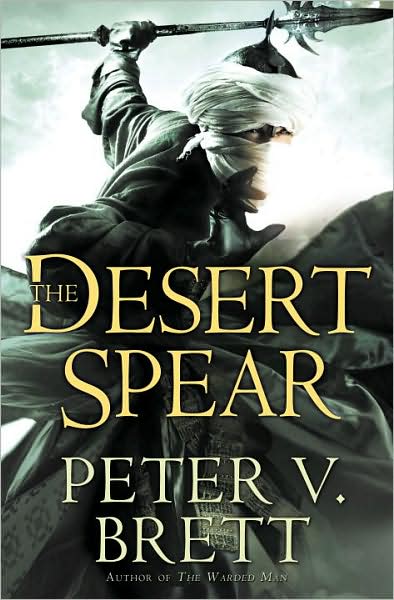 |
| Cover art by Larry Rostant |
One thing about Brett’s depiction of the desert dwelling Krasians is that despite their harsh ways and questionable acts, he doesn’t paint them as evil people. Jardir could be a character that one could easily hate, but Brett gives him a sense of compassion that balances his outward arrogance and the incredibly unforgiving environment in which he was raised. In an interesting move, Brett retells a crucial encounter from the first book from Jardir’s point-of-view – and seeing this scene in a different light gives Jardir a greater sense of humanity and casts him a bit more sympathetically.
More is revealed about the demons/corelings in The Desert Spear, that they are more than merely monsters with very little intelligence and were akin to a force of nature. The scope of world-building widens; the details are not overwrought and come through the characters themselves, giving the world a more rich and vibrant feel. We see more of civilization with the people of Krasia and just how divergent people have become as they’ve effectively lost the ability to live at night.
With The Daylight War, we follow the “origin story” of another character, Inevera, Jardir’s First Wife. While the demons are most definitely a present challenge and threat by the third volume of the story, the character’s struggles against each other is what drives the story as competing ideologies and beliefs define character’s reaction to the threats. Inevera’s “origin story” is intertwined with the current conflicts, namely the looming threat of Waning when the position of the moon gives rise to a greater number of demons in the night. This time the ‘secret origin’ of Inevera’s past, her growth as a sorceress-priestess and eventual self-maneuvered union with Jardir parallels and directly relates to the ‘current’ action of the novel. While Brett has worked within the same framework of the story for the first three volumes (Arlen and to a lesser extent Renna, Rojer, and Leesha in The Warded Man and Jardir and Abban in The Desert Spear), for me, this parallel storytelling allows for ample dramatic tension on multiple levels.
 |
| Cover art by Larry Rostant |
The mythology/world-building behind the demons hinted in the previous volume is revealed slightly more here in The Daylight War. Brett peppers in chapter passages from the POV of the demons, providing readers with a glimpse of their society and race as a whole. While the demons are still very present in
The Daylight War, humanity’s remnants need to get their collective heads together before the demon threat can effectively be vanquished.
The characters of Rojer and his two wives Amanavah and Kikvah; Leesha; and Inevera become caught up in the ideological clashes between the two cultures. Rojer becomes even more closely entangled with the Krasian people. Leesha has a very intense sexual relationship with Jardir, so much that Jardir wishes to marry her; and Inevera continually pushes Jardir to ensure Arlen is dead so that he may without doubt be appointed the Deliverer. Rojer also comes more into his power with his music. Renna also takes more of an active role in The Daylight War both with her own grown powers and in her relationship with Arlen. …and Abban, what to say about Abban. He is a man who knows his limitations, but is extremely crafty, mischievous and at times devious. It is never 100% clear what his motivations are.
Brett’s three Demon Cycle novels thus far have showcased humanity and its most extreme reactions to the demon apocalypse which took place before the start of the series. Violence, sex, violent sex, attitudes towards fear, destiny, and greed are all amped to eleven in The Daylight War.
To say that The Daylight War found the characters on a cliff at the end of the story is both a metaphor and a what actually happened. It may frustrate and anger some, but regardless, I admire Peter’s gumption in not shying away from what – at this point – seems to be an ending to this novel that best suits the overall story he’s telling in The Demon Cycle. That leaves readers as we enter The Skull Throne on the proverbial cliff with Leesha, Renna, Rojer, his wives Amanavah [Jardir’s First Daughter] and Kikvah [cousin to Amanavah]; Inevera (Jardir’s First Wife), Abban, having just watched Jardir and Arlen fall over the cliff.
I’ll also note that there is a fairly helpful wiki for this series:
*I was in the middle of reading The Skull Throne while I was writing this post and finished it the night before posting this.


